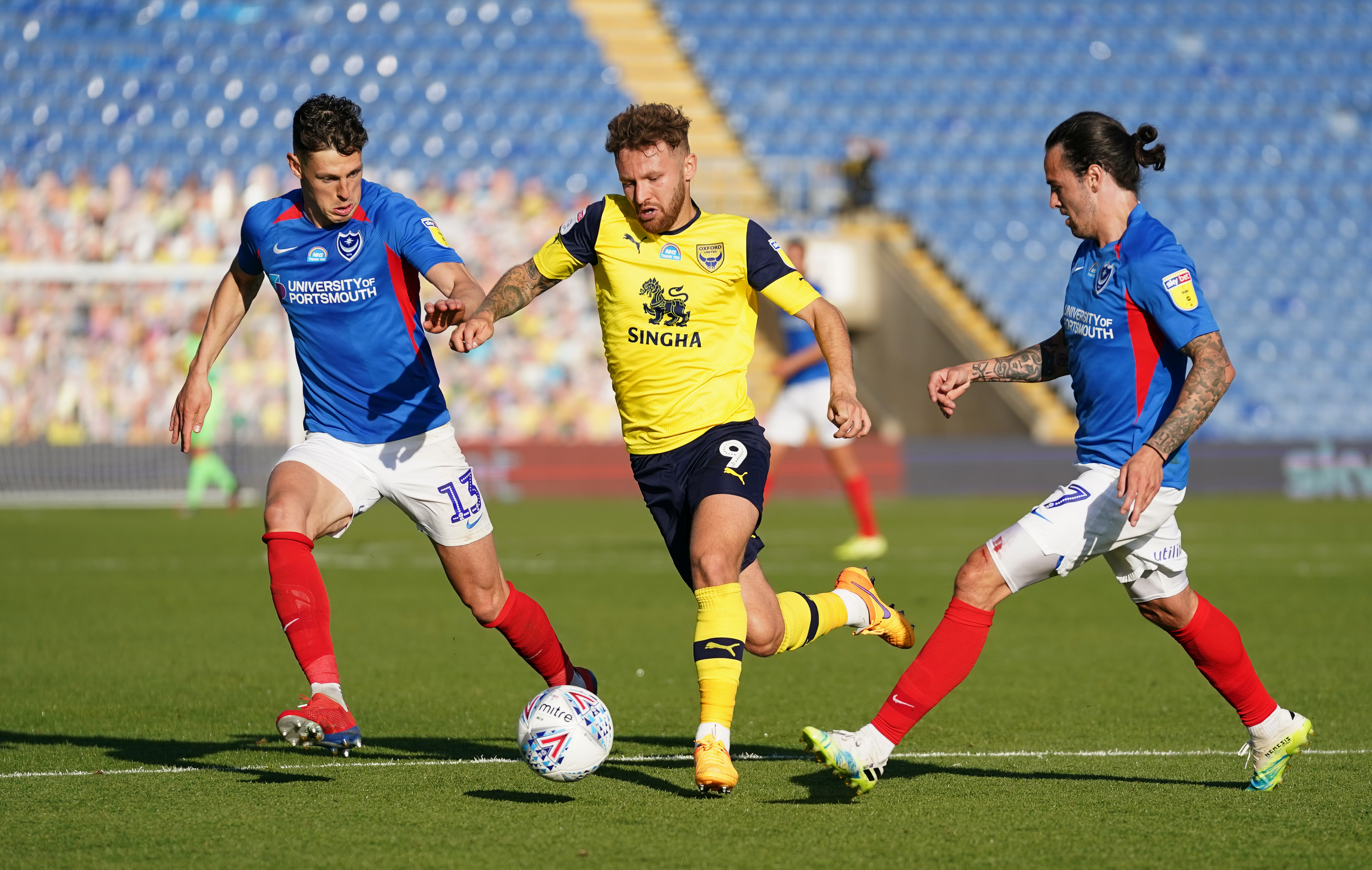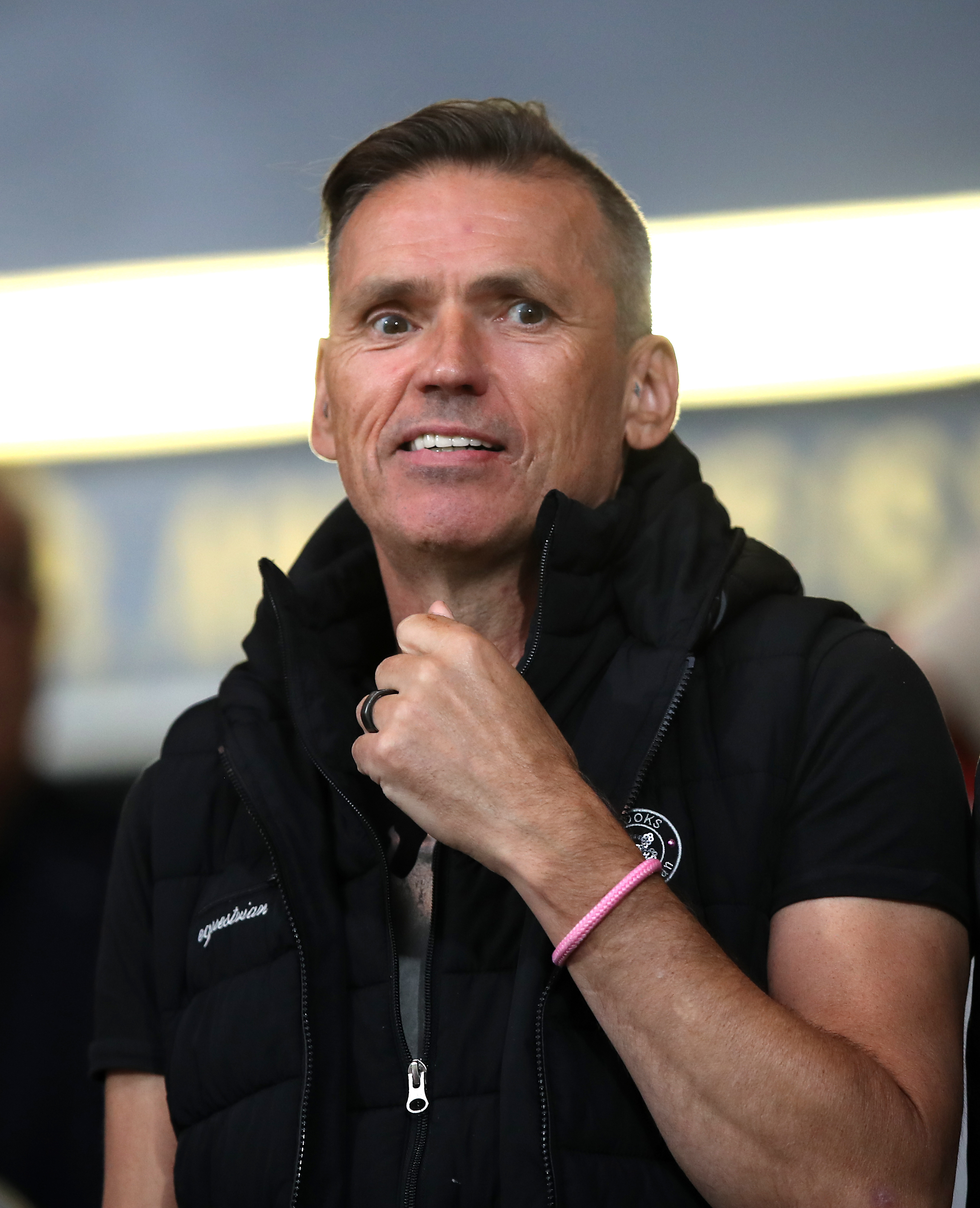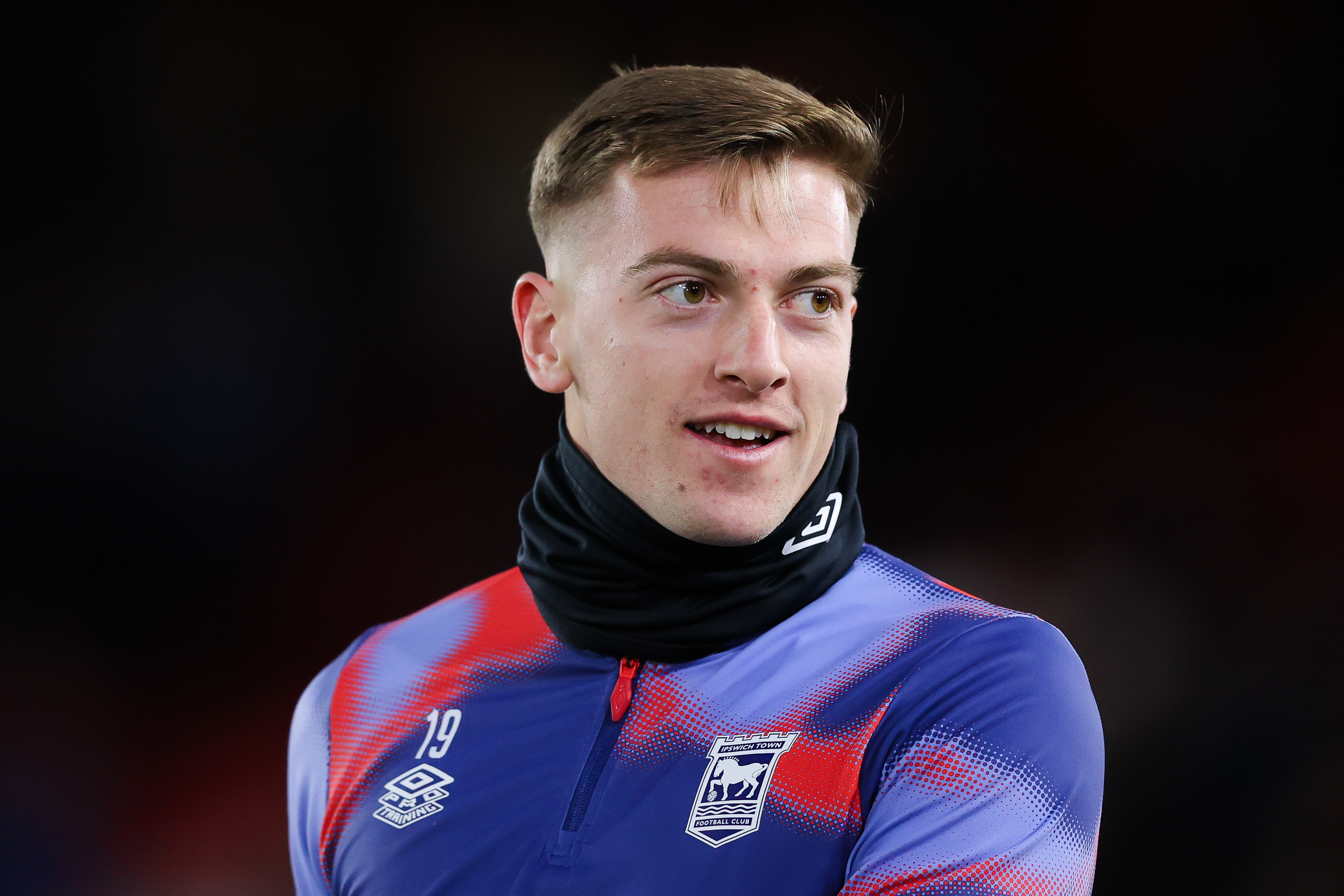Salary caps for League One and League Two are ‘unlawful and unenforceable’ – PFA

The squad salary caps agreed by League One and Two clubs are “unlawful and unenforceable”, according to players’ union the Professional Footballers’ Association.
Third and fourth-tier clubs have voted in favour of squad salary caps of £2.5million and £1.5m respectively in a bid to tackle the “profound” financial impact of the coronavirus pandemic.
But the PFA says it has served notice of arbitration against the English Football League and that until that process is complete, the rules cannot take effect.
We are disappointed at the outcome of today’s votes.— Professional Footballers' Association (@PFA) August 7, 2020
A statement from the union read: “We are disappointed at the outcome of today’s votes.
“The EFL has ignored its legal obligation to consult with the PFA and the Professional Football Negotiating and Consultative Committee.
“As such, the legal advice we have received is clear that the salary cap envisaged by the EFL would be unlawful and unenforceable.
“The PFA has already served its notice of arbitration on the EFL and until such time that arbitration is determined one way or another the new regulations should have no effect.
Get FourFourTwo Newsletter
The best features, fun and footballing quizzes, straight to your inbox every week.
“While we share the league’s commitment to protecting the long-term sustainability of the leagues, the salary cap proposals voted on today have been rushed through without the proper consideration or consultation.”
EFL Statement: 'Squad Salary Caps' introduced in @SkyBetLeagueOne and @SkyBetLeagueTwo.#EFLhttps://t.co/MMQUp72rtE— EFL Communications (@EFL_Comms) August 7, 2020
While the PFA opposes the move, the chair of the parliamentary committee which last month recommended greater cost controls across the EFL has welcomed the adoption of the rules as “common sense” and urged Championship clubs to follow suit.
It is understood second-tier clubs have no plans at this stage to hold a formal vote on a cap, but Julian Knight, the chair of the Digital, Culture, Media and Sport committee says they have to act.
He told the PA news agency: “It seems there is a breaking out of common sense amongst league clubs. For a long time the flawed business model of much of football has been as clear as day but it’s taken the biggest financial crisis in English football since the war for some action.
“Let’s see if more realism now permeates the Championship, where player wages incredibly outstrip club turnover.”
Deloitte reported earlier this year that second-tier clubs had a combined wages-to-turnover ratio of 107 per cent in their 2018-19 accounts, and lost a combined £300m.
🚨 The Covid-19 crisis presents the biggest threat to the UK's cultural and sporting infrastructure, institutions and workforce in a generation.— Digital, Culture, Media and Sport Committee (@CommonsDCMS) July 22, 2020
In announcing the League One and Two cap, EFL chief executive David Baldwin said: “The term ‘salary cap’ is an emotive one, creating the impression of a restrictive measure but we are clear in our view that this is neither the objective nor the likely effect of these changes to EFL regulations.
“The financial impact of Covid-19 will be profound for EFL clubs and today’s vote will help ensure clubs cannot extend themselves to the point that could cause financial instability.”
The PA news agency understands at League Two level 22 clubs were in favour of the cap, with just two opposed.
It is understood the caps will be index-linked to the level of domestic broadcast revenue clubs receive, so would be reviewed in the event of a new deal being agreed or in the event of any change to how funds are allocated.
The EFL said the cap did include basic wages, taxes, bonuses, image rights, agents’ fees and other fees and expenses paid directly or indirectly to all registered players.
There are a number of exemptions. Players under 21 are understood to be exempt from the cap, as are players whose deals were agreed before the introduction of the cap.
Those players will also be able to extend on the same terms if aged under 24 at the time of renewal.
There would also be a relegated player exemption, if the player’s terms were agreed no later than the end of the January transfer window in the season the team were relegated.
There will be a five per cent ‘overrun’ permitted, with financial penalties imposed on a sliding scale. Beyond five per cent, clubs will be referred to an independent disciplinary commission where sanctions would be imposed if found guilty of a breach.
Forest Green chairman Dale Vince, a long-time advocate of a cap, told the PA news agency: “I’m pleased it’s happened because it will bring more sustainability to the league.
“It starts today, which I think is a bit unfortunate because when it was first mooted it was going to start at the end of June.
“We’ve done all our recruitment expecting it would come and then the EFL said it would start at the end of July, and now it starts from today.

“So there has been some big spending in the gap, in anticipation of the cap, but only by a few clubs. We won’t feel the full effect of the cap until next season – not the one coming, the one after.”
Asked about the PFA’s concerns over the proposals, Vince said: “I have heard that they are going to try and stop it, that they think it’s illegal. I think they’re mistaken.
“There are already controls on what clubs can spend – SCMP (salary cost management protocol) – financial fair play-type stuff. The salary cap is just a version of that. The principle is well established in football and I don’t really understand the basis for their claim.”
